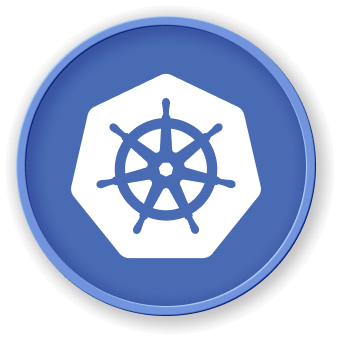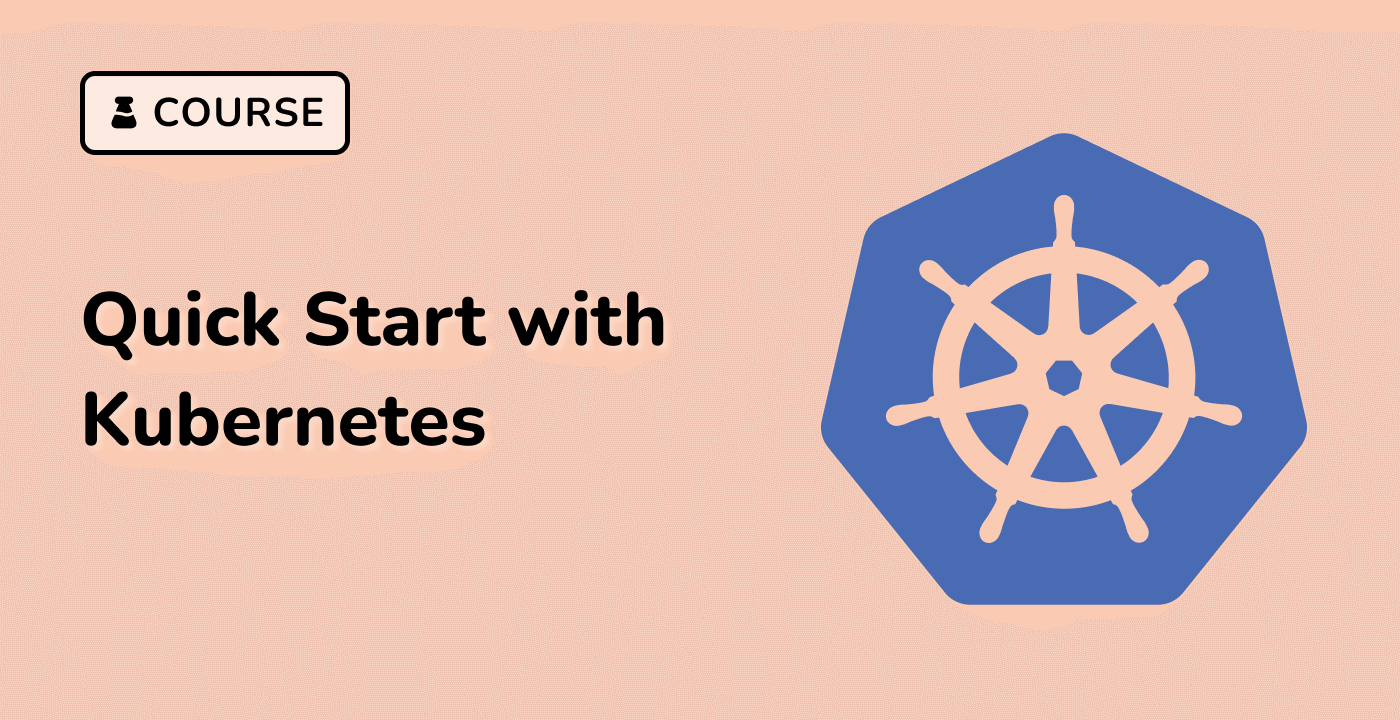Troubleshooting Environment Variables in Kubernetes
While configuring environment variables in Kubernetes is generally straightforward, there may be times when you encounter issues or unexpected behavior. In this section, we will explore common troubleshooting techniques and solutions for environment variable-related problems.
Verifying Environment Variable Definitions
One of the first steps in troubleshooting environment variables is to ensure that they are correctly defined. You can use the following commands to verify the environment variable definitions in your Kubernetes resources:
## Verify environment variables in a Pod
kubectl describe pod my-pod
## Verify environment variables in a Deployment
kubectl describe deployment my-deployment
## Verify environment variables in a ConfigMap
kubectl describe configmap my-config
## Verify environment variables in a Secret
kubectl describe secret my-secret
These commands will provide detailed information about the environment variables defined in your Kubernetes resources, including their names, values, and the source (e.g., ConfigMap, Secret).
Checking Environment Variable Propagation
Another common issue with environment variables in Kubernetes is ensuring that they are correctly propagated to the running containers. You can use the following command to check the environment variables available inside a running container:
## Get a shell in a running container
kubectl exec -it my-pod -- /bin/bash
## List the environment variables
env
This will allow you to verify that the expected environment variables are present and have the correct values.
Troubleshooting Common Issues
Some common issues you may encounter when working with environment variables in Kubernetes include:
-
Missing or incorrect environment variable definitions: Ensure that the environment variables are correctly defined in your Kubernetes resources (Pods, Deployments, ConfigMaps, Secrets).
-
Incorrect environment variable references: Verify that you are correctly referencing the environment variables in your application code or container environment.
-
Sensitive data exposure: Ensure that sensitive information, such as API keys or database credentials, are stored in Secrets rather than ConfigMaps or directly in the Pod/Deployment specifications.
-
Conflicting environment variable names: Avoid using the same environment variable names across different Kubernetes resources, as this can lead to unexpected behavior.
-
Incorrect environment variable substitution: Ensure that environment variable substitution is working as expected, especially when using complex expressions or references.
By following these troubleshooting steps, you can effectively identify and resolve issues related to environment variables in your Kubernetes applications.



